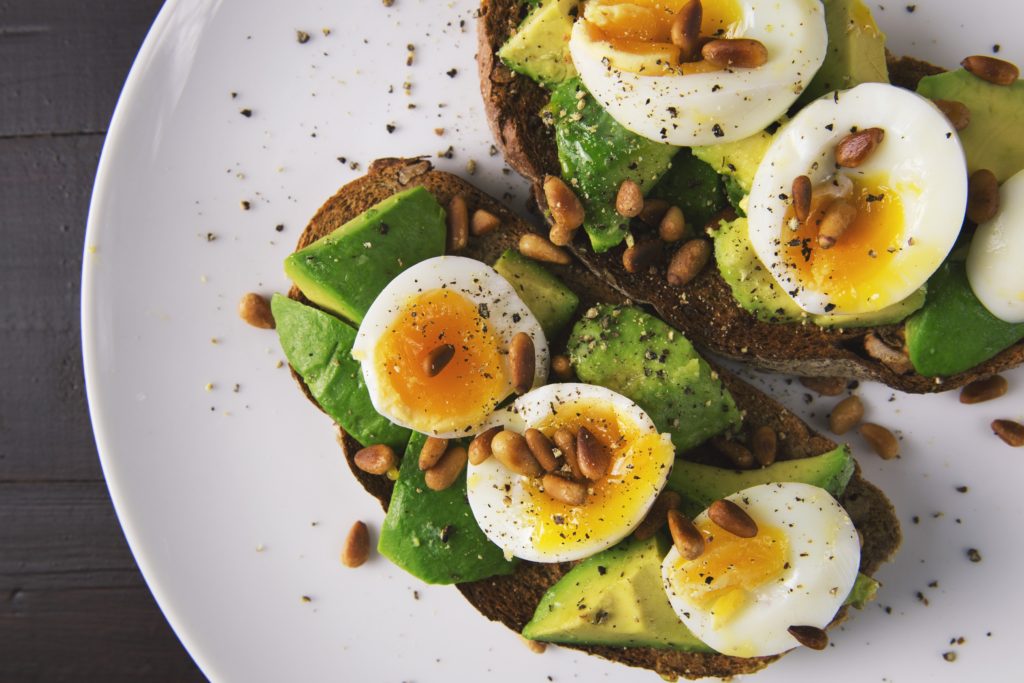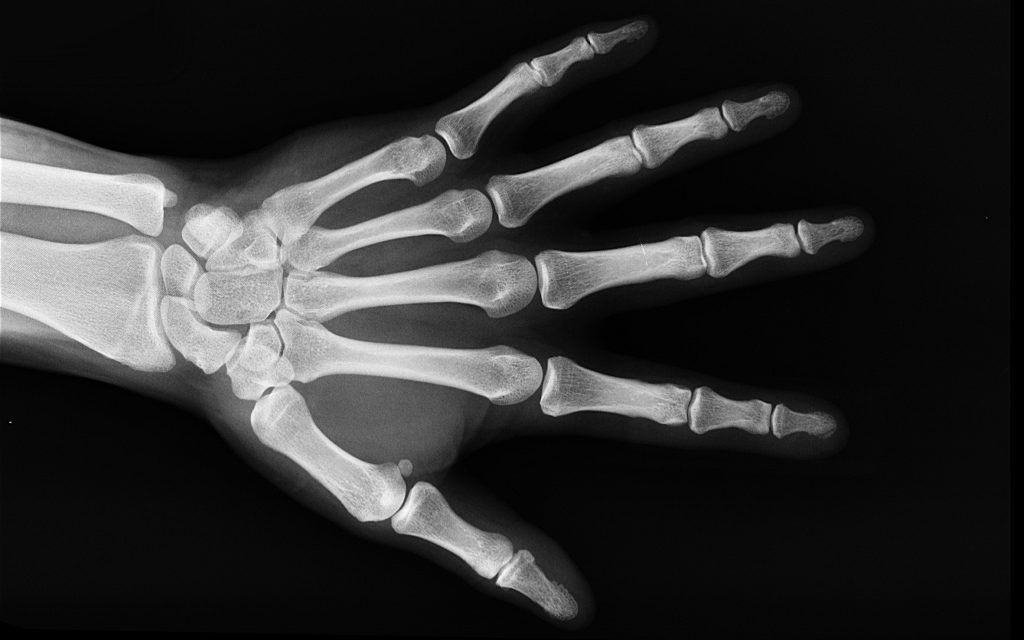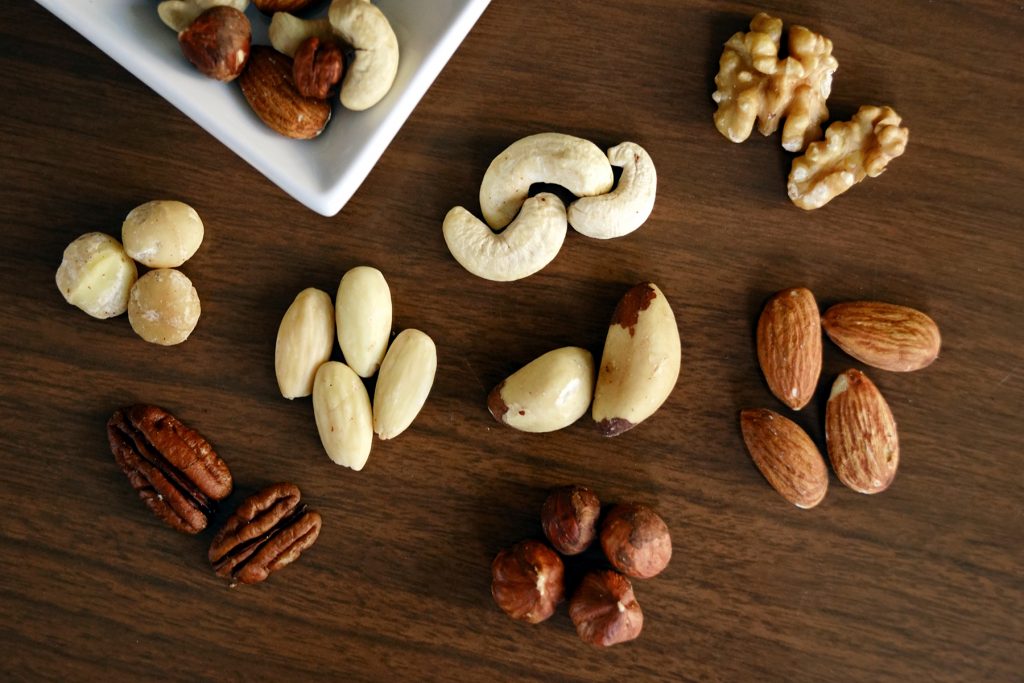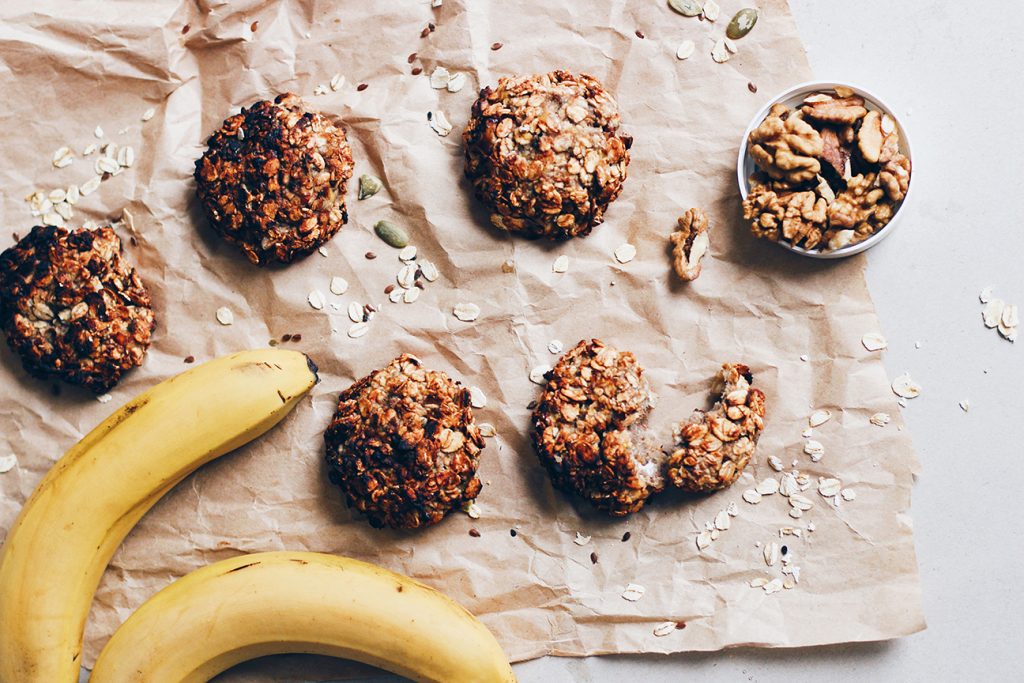Daily intakes and special considerations:
Why are dietitians concerned about calcium intake?
Calcium is the most abundant mineral in the human body. It is required to build and maintain strong bones and teeth. Ensuring adequate calcium in our diet helps to prevent osteoporosis. Osteoporotic bones become thin and brittle, which in-turn, increases the risk of significant and debilitating bone fractures. Women are more at risk of osteoporosis than men. Following menopause, women lose bone more rapidly than men because of a decrease in the hormone estrogen. Calcium requirements may differ between individuals and at different stages throughout the lifespan. We can use specific calculations and software to determine your daily intake of calcium and compare it to your requirements. Peak bone mass is reached by our early twenties. High impact exercise and a healthy diet ensures a higher peak bone mass at this age – which is protective for bones throughout someone’s life.
Are you getting enough calcium?
Depending on your life stage, we generally require 2.5 – 4 serves of dairy or alternatives per day. Specifically:
- Teenagers (boys and girls) require 3.5 serves,
- Men aged 19-70 require 2.5 serves,
- Men > 70 years require 3.5 serves,
- Women aged 19-50 require 2.5 serves, and
- Women > 50 years require 4 serves.
One serve of dairy is equivalent to:
- One glass (250mL) milk,
- A tub (200g) of yoghurt, or
- Two slices (40g) of cheese.
It’s no secret that dairy often gets a hard time. Labelled as ‘fattening’, ‘mucus producing’, ‘bloating’, it is subject to some harsh criticism. There seems to be a current trend away from dairy, with many stores and cafes boasting dairy free products, almond lattes and coconut yoghurt.
It is important to remember that in addition to calcium, dairy contains a number of key vitamins and minerals (including vitamin D) essential for good bone health. Dairy foods are uniquely wired to maximise our absorption of calcium.
There are calcium containing alternatives for those unable to consume dairy foods. These include 100g almonds, 100g tinned salmon with bones, 100g tofu or 1 glass (250mL) of alternative milk. Remember alternative milks do not naturally contain sufficient calcium. This needs to be added by the manufacturer, so it’s important to make sure your brand is fortified with at least 100mg of calcium per 100mL of milk.
Tips to increase calcium intake
Milk and dairy:
- Drink reduced fat milk with meals and/or snacks
- Include low fat yoghurt for breakfast, dessert or snacks
- Make a smoothie w/ yoghurt, milk and fruit
- Enjoy a milky coffee such as a latte or cappuccino
- Use yogurt as a base for dips, sauces and dressings, dollop on curries/soups/jacket potato
- Add reduced fat cheese to sandwiches and omelettes
- Snack on cheese and crackers
- Add feta cheese to salads and frittatas
Non-dairy:
- Choose calcium-fortified beverages such as soy, almond or rice milk
- Add canned salmon or sardines (including the bones) to sandwiches and salads
- Add white or navy beans to salads, soups, tagines and casseroles
- Buy or make your own hummus with tahini (sesame seed paste) and chickpeas
- Add dark leafy greens such as broccoli, bok choy, spinach and kale to stir-fries and soups
- Add tofu to stir-fries or curries
- Have a handful of almonds or brazil nuts as a snack
- Use almond butter spread on bread/crackers
- Add almond meal to baked goods or LSA (ground Linseed/Sunflower seeds/Almonds) to cereal
Other dietary considerations for bone health
In addition to making sure we are upping the calcium in our diet, we want to ensure we are reaping the full benefits of our intake. It’s important to:
- Put down the salt shaker!! And back off on high sodium products such as commercial sauces, salty packaged snacks, processed meats. Excess salt can increase calcium losses from the body via the urine.
- Love your morning brew? Caffeine can inhibit the absorption of calcium from foods, so keep tea/coffee/energy drinks separate to meals and calcium containing snacks.
- ‘Get your daily D.’ Vitamin D helps calcium be absorbed into our body and into our bones. We receive most of our vitamin D from sun exposure. It can also be found in oily fish (salmon, mackerel and herring), egg yolks, margarine, and cow’s milk.
Do you have concerns about your bone health or dietary intake of Calcium?
An Accredited Practising Dietitian, can work with you in the dietary management of your bone health in the following ways:
- Dietary analysis to determine adequacy of calcium in current diet.
- Advise appropriate testing via your GP if suspected inadequacy is present.
- Provide individualised advice on how to increase calcium in your diet and how to maximise your absorption of calcium.
- Provide education on food label reading.
- If required, recommend a calcium supplement right for you. A diagnosed deficiency must be present.
- Review any dietary supplements you are currently taking.







About The Author: Fluid Physio
More posts by Fluid Physio